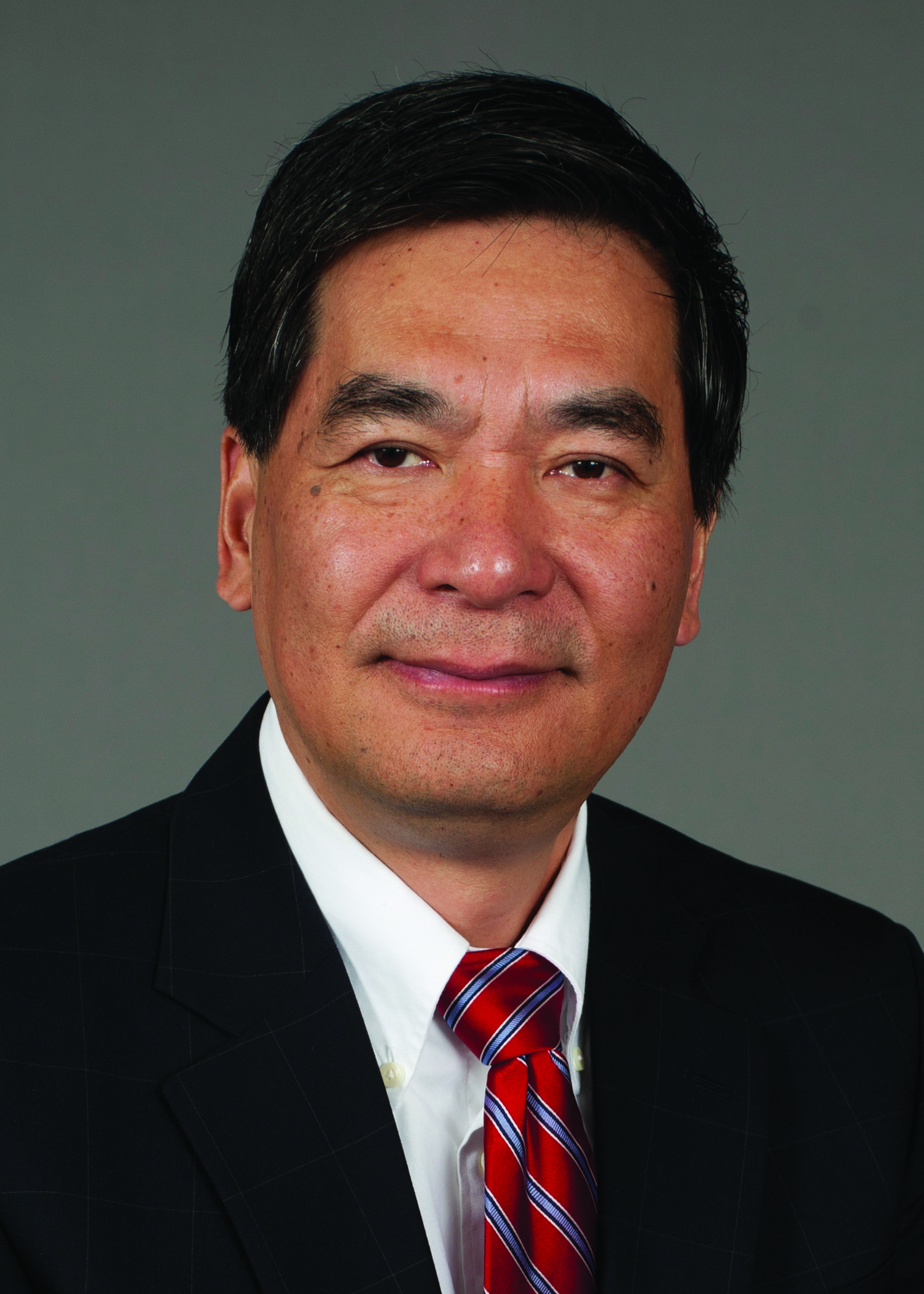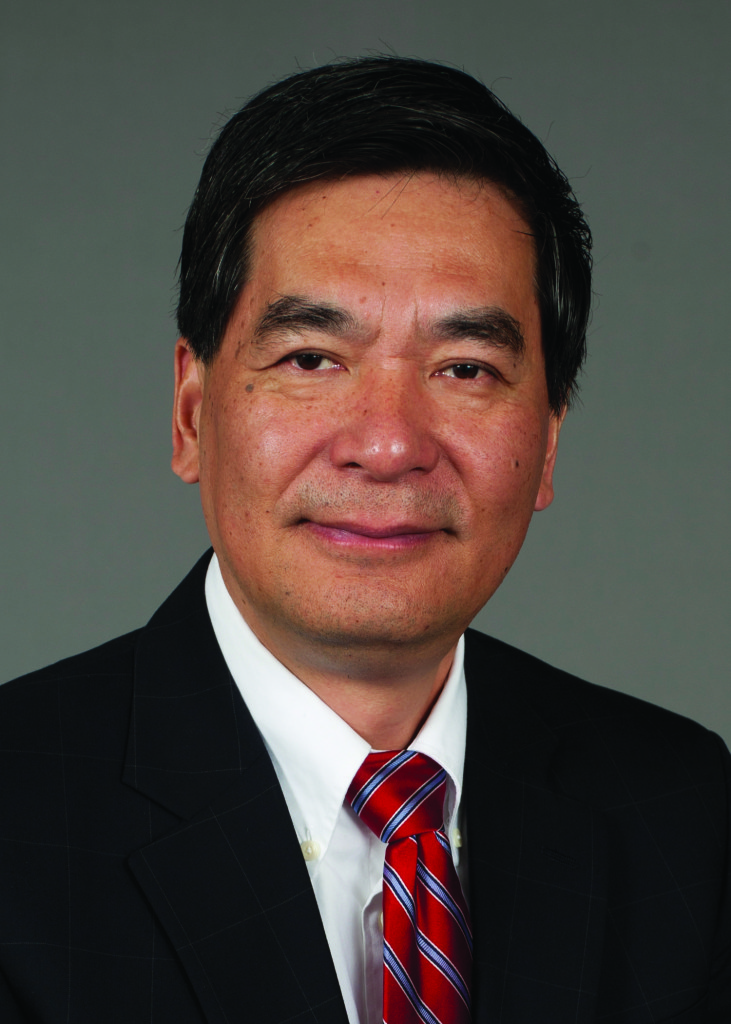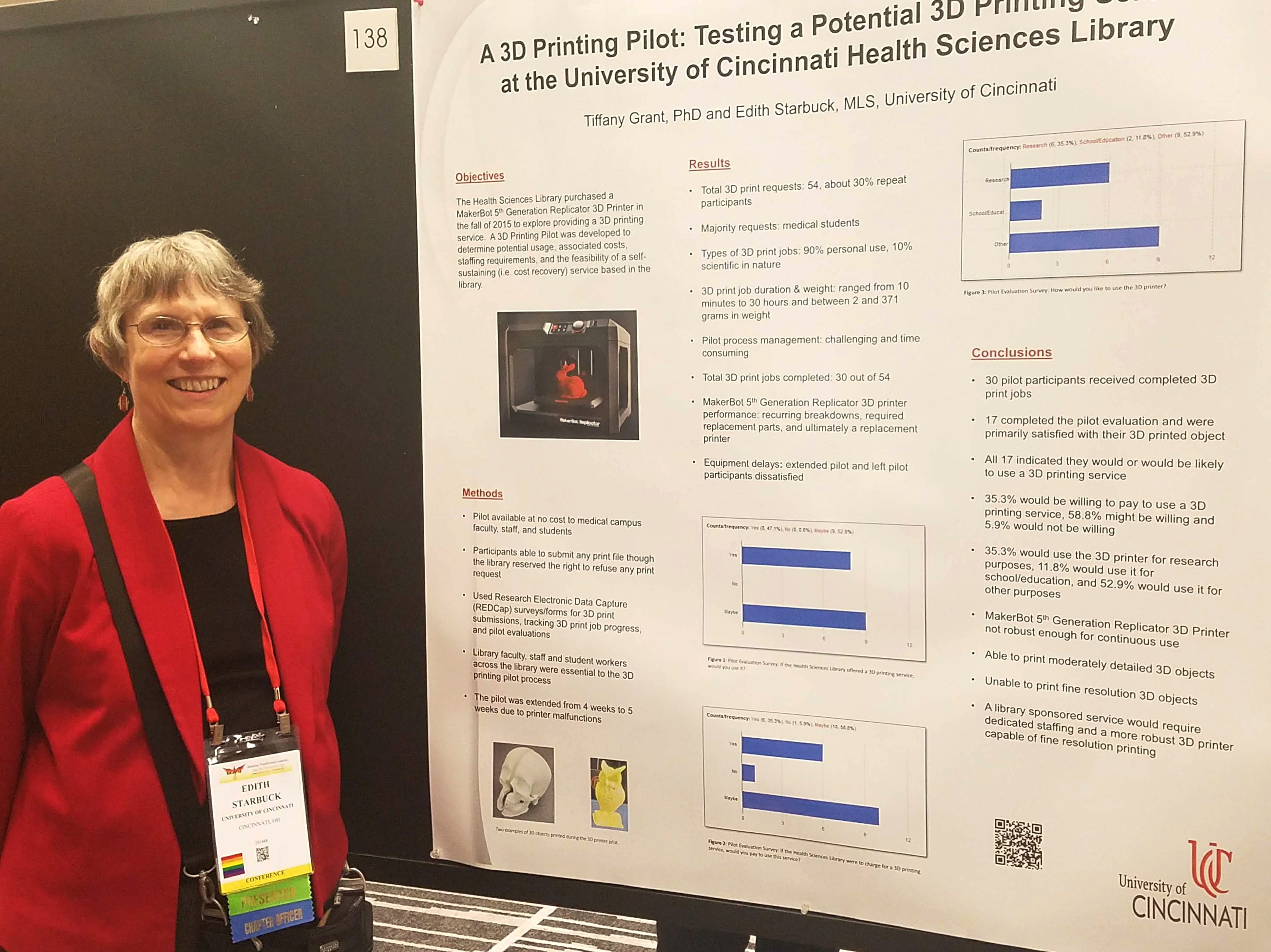
A Note from the Dean: Adapting Libraries for the Future

How do we transform the Libraries’ traditional role from one of a service organization to that of a true partner in the academic pursuits of the university?
Traditionally, libraries have been seen primarily as service units. Librarians and staff purchased and disseminated materials and assisted users with reference and other questions concerning the library. While this service role is important, in order for us to remain relevant – to not just survive, but to thrive – libraries need to move beyond that traditional service model into something that is more collaborative and integrated into the academic mission of the university.
For academic libraries, this means transforming ourselves from information providers into partners of teaching and research. This is reflected in UC Libraries’ Strategic Plan, in our first objective of the “People” pillar: “Expand our active engagement in research, teaching, learning and clinical practice by facilitating and fostering new collaborations and partnerships that advance the university’s mission.”
Academic libraries are struggling to move in this direction. I believe there are several reasons for this, beginning with the service model, which takes up a large portion of a library’s workflow. Innovative and collaborative efforts take time – time to build relationships and to build skills, time to brainstorm and think deeply about future directions. With limited resources (including time), we must weigh the importance of providing those traditional services against the benefits of pursuing new avenues of engagement.
Public perception is another issue libraries face in their transformation. Librarians are valued as information brokers, tools to assist in the research process, but rarely are we seen as researchers ourselves.
In order to correct this misconception, we must find ways to show our new value. If we want to be viewed as a partner, what does the reality of that look like? Ideally, we would be considered an in-demand organization by the university and the faculty, the default for university-wide collaborations. Librarians and library staff would be sought-after resources for data savvy initiatives, interdisciplinary research, cutting-edge teaching pedagogy and beyond.
Transform the evolving role of the information professional.
UC Libraries will become more dynamically engaged partners with colleges, departments and units – integrating new methods for collecting, accessing, utilizing and preserving streams of data and information in support of the teaching and research mission of the university. We will become leaders in defining the changing role of academic libraries in the global library community
UC Libraries has had some big successes in collaborating with other colleges and academic units, including with the creation of the Digital Media Collaborative (DMC) and the Digital Scholarship Center (DSC). Our informationists work closely with faculty in the STEM fields and on UC’s medical campus, joining research teams and exhibiting a new type of library professional.
In this edition of Source we will talk about some of these collaborative successes, including an exciting announcement from the DSC and the Andrew W. Mellon Foundation that will help propel digital humanities at the university even further into the future. There is an article about how The Preservation Lab, a ground-breaking collaboration between the Libraries and the Public Library of Cincinnati and Hamilton County, works with both institutions to preserve and make available our valuable collections. Collaboration is not a new concept. This is exemplified in an article about a collection in the Archives and Rare Books Library about renowned children’s book author E.B. White and how he collaborated with a UC alum on the Elements of Style.
Enjoy this issue of Source and contact me to discuss how UC Libraries is transforming the evolving role of the information professional.


